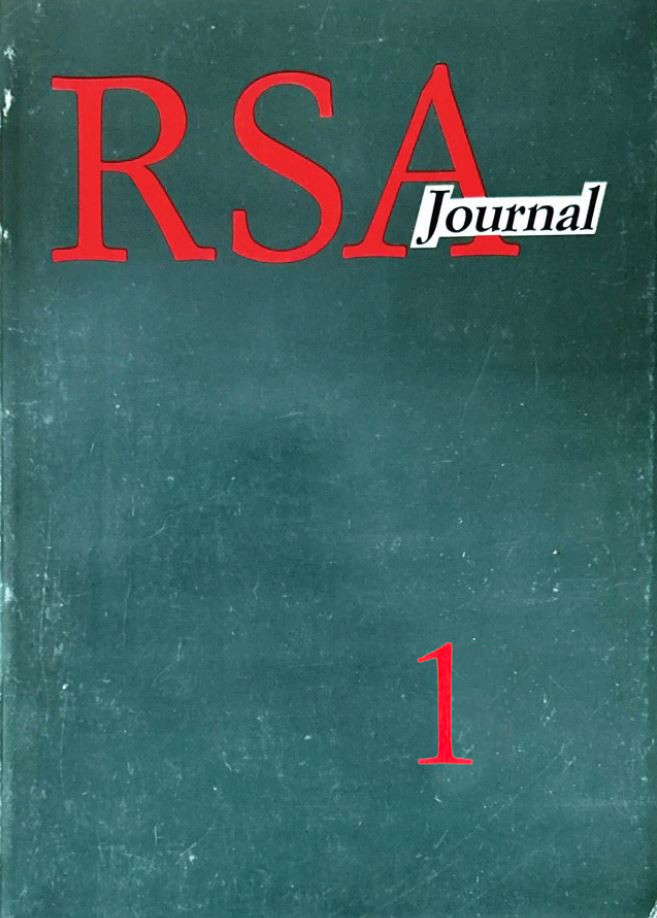“Daisy Miller” e il discorso dell’ideologia
DOI:
https://doi.org/10.13135/1592-4467/9086Keywords:
patriarchal culture, rebellion, authoritative positionAbstract
The narrative situation in Henry James's "Daisy Miller" is one that is basic to patriarchal culture: a woman, allowed no voice and point of view of her own, is seen, interpreted, and judged by a male eye and voice placed in an authoritative position. This essay analyses the ways in which textual strategies deconstruct rather than endorse such a situation, by foregrounding the workings of ideology and by undermining Winterbourne's textual authority and, as a consequence, the patriarchal and logocentric thinking of which he is made a representative. In its refusal to provide an authoritative last word on Daisy, the text alligns itself with her active rebellion against that mode of thinking, and with her choice of openness and différence.
Downloads
Published
Issue
Section
License
RSAJournal will apply a CC BY 4.0 license to all its contributions starting with issue 37 (2026). Previous issues are licensed under a CC BY-NC-ND licence.





